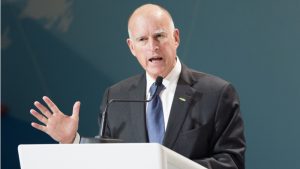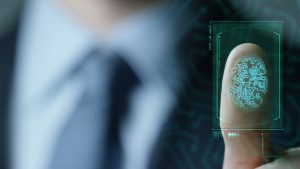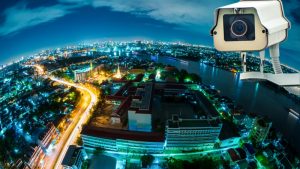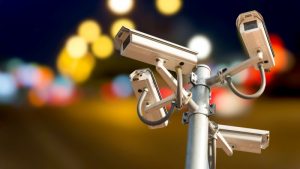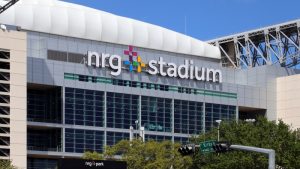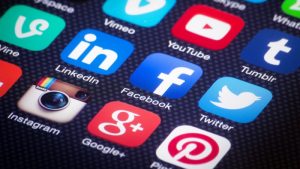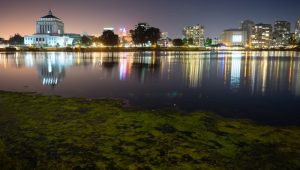California lawmakers on Thursday passed the California Consumer Privacy Act of 2018, one of the toughest U.S. laws governing data privacy. The legislation specifically targets information companies, including Google, Facebook, Amazon, and AT&T–many of whom are headquartered in California.
A new study finds that the public is warming up to the use of biometric identification technology, but remains wary of tracking applications and is looking to government to set standards in that area.
In a new report, the Brookings Institution examines how digital technology, mobile networks, and integrated solutions help officials in 17 global cities, including two U.S. cities, manage public safety and law enforcement.
St. Louis Alderman Terry Kennedy proposed a bill that would require law enforcement surveillance cameras and program plans to be reviewed by the Board of Aldermen in order to protect citizens’ privacy.
About 1 million people are expected to flock to Houston for 10 days of Super Bowl-related activities and more than 100 million people are expected to watch the Feb. 5 game on television. Officials have been working for more than a year to perfect a surveillance-based approach, more sophisticated than in past years, that includes surveillance cameras, overhead helicopters, and Houston police.
The Los Angeles County Sheriff’s Department will use drones in specifically defined incidents that include: search and rescue, explosive ordnance detection, hazardous materials incidents, disaster response, arson fires, hostage rescue, and barricaded and armed suspects.
Following public backlash, the Boston Police Department (BPD) has scrapped plans to purchase social media monitoring technology.
A privacy committee for the City of Oakland passed an ordinance that would restrict surveillance, which will be decided on by the City Council.
A bill filed last month with the California Senate for the 2017 legislative session would prohibit the acquisition of new surveillance technology without local government approval, as well as require all law enforcement agencies to submit a comprehensive Surveillance Use Policy.
Civil rights advocates flooded a City Council hearing to protest the Boston Police Department’s plan to buy $1.4 million in social media monitoring software. Advocates questioned police promises to respect citizen privacy, as well as whether the technology can actually detect threats.
